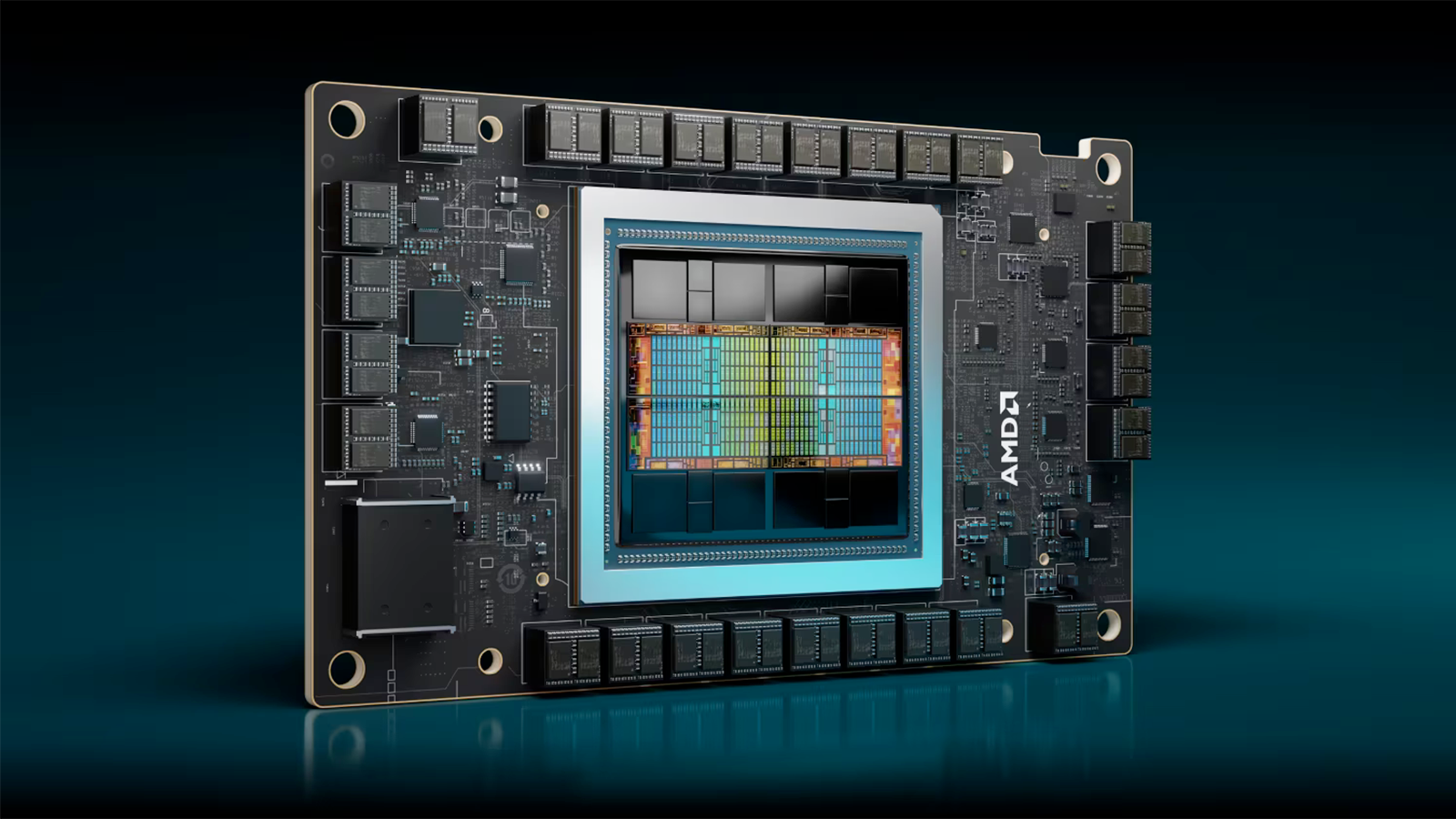Demand for artificial intelligence servers will set records this year for hardware procurement, and while a significant portion of those machines will be based on Nvidia’s processors, demand for systems running other hardware is also very high, according to Lenovo. Demand for AMDInstinct MI300-series-based machines is apparently setting records, at least at Lenovo.“I think you could say in a very generic sense, demand is as high as we have ever seen for the product,” said Ryan McCurdy, president of Lenovo North America, in an interview withCRN. “Then it comes down to getting the infrastructure launched, getting testing done, and getting workloads validated, and all that work is underway.“Okay, if we’re being cynical, ofcoursedemand for this new product is as high as it’s ever been. But perhaps that’s not precisely what was meant. McCurdy could simply mean that demand for AMD server solutions equipped with CDNA accelerators is at an all time high, or that demand for the new MI300-based systems is higher than anything Lenovo has previously seen.For years, Nvidia’s GPUs were largely unchallenged in AI workloads. To some degree, that’s because Nvidia’s software stack was ahead of everyone else, but also because its hardware was superior. But with its Instinct MI300-series, AMD seems to finally have a chance thanks to somemajor improvements in both hardware and software.Nvidia of course claims itsGPUs are still faster than everything else, but with the right combination of price and performance, it looks like AMD and Intel can win some lucrative contracts. That’s particularly true amongenterpriseclients that need to run inference workloads. Some analysts estimate that enterprise inference is a business worth tens of billions of dollars, so there’s a lot to capitalize on.Nvidia believes that the superior scalability of its Hopper-based systems — as well as the upcoming Blackwell-based machines — will enable it to retain the lead on the market of AI servers for at least another generation. But while Nvidia will probably keep commanding the very top of the market, Lenovo and other companies want other AI processor suppliers to thrive as well, so they’re looking forward to working with AMD and Intel.Lenovo does not want to limit itself, so it plans to offer customers the widest possible selection of AI hardware. This could strain its relationship with Nvidia in the short term, but in the long term there will be serious competition on the AI hardware market, and that’s good for everyone.“I think those partnerships will show itself in future launches with products that we are bringing out across our portfolio: Nvidia for sure, AMD for sure, Intel for sure, and Microsoft,” McCurdy toldCRN.
Get Tom’s Hardware’s best news and in-depth reviews, straight to your inbox.

Anton Shilov is a contributing writer at Tom’s Hardware. Over the past couple of decades, he has covered everything from CPUs and GPUs to supercomputers and from modern process technologies and latest fab tools to high-tech industry trends.
